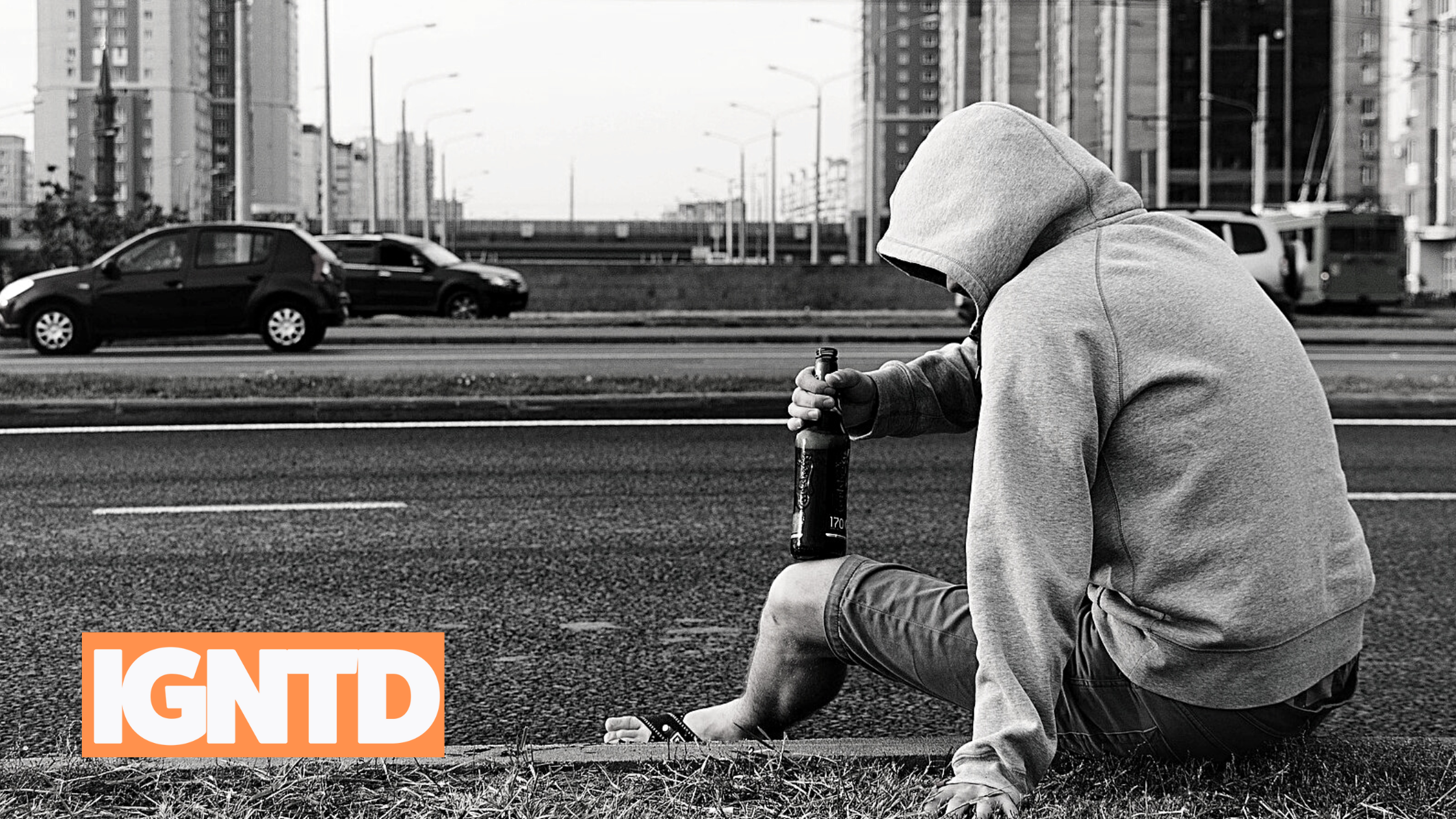4 Truths Behind Addiction Recovery
Addiction Recovery 101
Most of us can define the word “addiction recovery,” right?
Put simply, it’s the outcome of regaining or returning to one’s “normal” or most optimal self. Sure, this is correct. But, the true definition of “Addiction Recovery” does not end here.
Some of us underestimate the complexities of healing from addiction. Unlike most healing or recovery processes, dealing with addiction isn’t automatic or reflexive. Addiction is not typically some kind of wound that will heal itself over time.
Are you unsure if your drinking habits are “normal”? You can be sure RIGHT NOW with this FREE drinking score test to reassess what your relationship is like with alcohol. The test takes only five minutes to complete, and it can give you an idea of what the true consequences of past behavior have been in terms of the impact of your drinking habits. Self-awareness is the first step to success, so give it a try.
Why Is Addiction Recovery So Hard?
Addiction recovery is uncomfortable, and unfortunately, misunderstood. Triumphing over our unhealthy coping mechanisms requires time, effort, and a good bit of intention. Therefore, the idea that “addiction recovery” is simply “going back to normal” is not truly realistic.
It’s not just about becoming “normal” again. It’s about relearning, undoing, and forgiving everything you’ve been used to relying on during crises or under stress. With that said, here are four truths everyone should know before starting their journey.
There Is No “One Cure” to Addiction Recovery
If there’s one thing every healing addict despite - It’s the “tip” that their addiction can be reversed by just stopping. Can’t stop drinking? Just stop. Can’t stop eating excessive meals that harm your body? Just don’t eat. In the first place, no addiction is caused by just a single factor or “that one time.”
In The Abstinence Myth Book, I tackled how biology, psychology, environmental factors, and spirituality contribute to how addictions are formed and aided. It has also been found in this article that nothing - not one single factor - is to be 100% blamed for addiction, not even biological risk factors. So if there’s not one certain factor that causes addiction, having a single “cure” (which is abstinence or “stopping”) is also nonexistent.
THE TRUTH:
Learning how to drink less, or basically addressing any type of addiction, isn’t solved by abstinence or just “stopping”. So if you ever slip up, don’t hate yourself. Addiction recovery is both the process and the outcome. We all have different stories that led us to addiction. Therefore, it’s a given that our success stories will also have different plots and dialogues.
Now, biological factors (such as genetics) are impossible to beat, right? After all, it’s not like we can alter our genetic information at any given time. Well, not really. Make sure to read this blog too, we are never powerless, even in the face of our genetic codes.
Join our 7-Day Sober Experiment to gain access to a PROVEN method, paired with coaching videos and actionable tips to help you gain control over alcohol that isn’t just about “stopping.” (We all know that if the solution was as simple as just “stopping,” everyone should be near recovery by now.)
Your Brain Is Not Static
We all have opinions we no longer associate ourselves with. We call this maturity or being more open to new information. Everyone knows this, but we seem to overlook that this example proves just how unfixed, inconstant, or changeable our brains are! Which, by the way, is among the greatest advantages that we have against addiction.
THE TRUTH:
Never subscribe to the belief that “once an addict, always an addict.” Your brain is biologically wired to absorb new data. You are not a fixed being. Most importantly, you have every tool in your body to welcome changes.
If addiction is a learned pattern your brain keeps on insisting to give in to, then it also means that it’s a cycle you can undo through new and healthy experiences. Our lives, including their problems and realities, can be altered positively.
“Go Big or Go Home” Doesn’t Work For Most
85% of drug users relapse and bounce back to their unhealthy habits within a year of treatment. This number speaks volumes regarding how our current systems and outdated approaches failed those who wish to heal.
THE TRUTH:
Let’s face it, perfecting addiction recovery is a tall order for anyone who is recovering. Addiction is closely tied, if not, one with habits that people have accumulated for years. So, it’s no surprise that flushing that number to zero is extremely challenging. This is why I propose abstinence sampling instead.
Feel free to read a more in-depth version of its definition here. But to shorten the definition, abstinence sampling is about removing the drug or the unhealthy vice from your daily routine for a limited amount of time. You can start off with a few days, then weeks, then months.
Abstinence sampling is a more realistic and attainable approach than going cold turkey. Instead of directing all our energy to one win (addiction recovery), we are most likely to succeed if we chopped these off and divided them into small victories our brains will reward us for. Set yourself up for success and focus on the things you can do for now.
Image: Treating alcohol addiction with community support.
Addiction Recovery Is Not A Solo Task
96% of drug or alcohol addicts do not believe that they need help. This can be caused by many factors, mostly shame, denial, or fear. Since addiction is a problem an individual experiences based on their past decisions, it doesn’t mean that they have to carry the weight all by themselves.
THE TRUTH:
It’s like hitting the gym. When someone tries to beat their personal record in deadlifts, a spotter is there to help them, just in case the weight is too much for their current body mass and strength. Similarly, addiction recovery isn’t something people should try to solve alone.
Two things can happen if we insist that addiction recovery is a solo responsibility. First, people can feel overwhelmed to the extent that they can no longer trust themselves which worsens their conditions. Second, they can try and do well at first. But the moment they slip, they take all the blame on themselves. This can make them lose their trust in themselves and give up. Either way, not seeking help can greatly contribute to addicts failing to give themselves a shot.
Addiction recovery, like most diseases or ailments that have the word “recovery” after a health issue or term, is not just one man’s business. Doctors don’t look at those in recovery from diabetes and say that they’re “on their own.” We don’t tell those with injuries to heal their wounds since they are the ones who caused it in the first place, right?
View addiction as how you would view any health problem. Recovery is best done with cooperation and openness. Learn the root of your problems, get an online accountability coach, engage with your community, reconnect with your goals, and get yourself involved with help.
Show support to anyone who is trying to recover from addiction. Do not let them or yourself be a part of the statistic of people who have given up on recovery. If you or your loved ones want to beat addiction free from shame, judgment, and all this nonsense on recovery - the IGNTD Hero Program offers a FREE 14-Day program.
It’s a program meant for those who want to try again, but this time with a more realistic, attainable, and personalized approach. It’s not a one-size-fits-all template, we know that doesn’t work for everyone. We offer a personalized program, the Private Hero Community for support, 24/7 access, weekly live groups, and expert guidance + workshops to attain TRUE addiction recovery.




